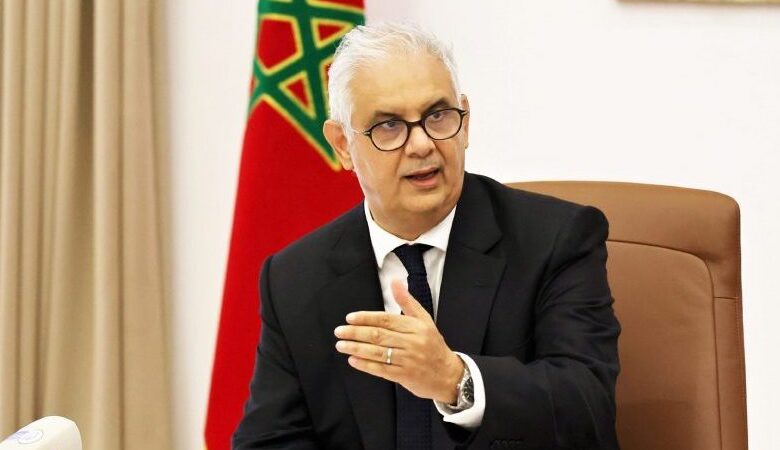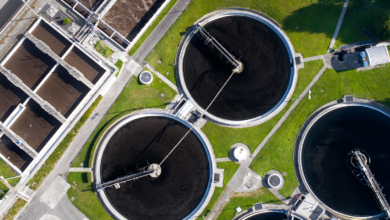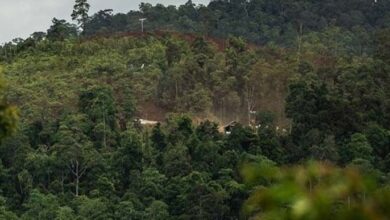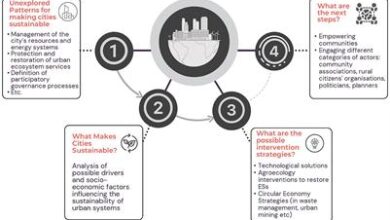A Crucial Step For Morocco’s Future – OpEd – Eurasia Review

On a critical Friday, Nizar Baraka, Morocco’s Minister of Equipment and Water, welcomed a delegation from the Economic, Social, and Environmental Council (CESE), led by Ahmed Reda Chami. The focal point of their discussion was the mechanisms for authorizing and controlling the exploitation of the nation’s natural resources—a subject of immense significance, especially amidst the current climatic challenges.
This high-level meeting revolved around the CESE report, which meticulously examines the mechanisms governing the exploitation of vital resources, including water and quarries. Minister Baraka’s acknowledgment of this report underscored its urgency, given the relentless drought and the escalating impact of climate change on Morocco’s water supplies. His expression of gratitude towards the CESE highlights the collaborative effort required to address such a strategic issue.
Minister Baraka reiterated the royal directives issued by His Majesty the King, aimed at mitigating water stress. These directives encompass an array of ambitious projects: accelerating dam construction, developing “water highways,” expanding seawater desalination plants, implementing wastewater reuse programs, and enhancing public awareness on water conservation. These initiatives are not just reactive measures but are part of a broader, integrated regional management strategy. The approval of the Master Plans for Integrated Water Resources Management (PDAIRE) for the 2050 horizon is a testament to Morocco’s forward-thinking approach, ensuring a balanced and decentralized management of water resources.
Quarries, another critical resource, were also spotlighted by Minister Baraka for their indispensable role in Morocco’s economic and social development. The overhaul of the legal framework governing quarries through law 27-13 and its implementing texts signifies a move towards sustainable management. The establishment of Regional Quarry Management Plans (SRGC) aims to ensure a steady and regulated supply of construction materials, which is vital for the nation’s infrastructure development.
However, the path to sustainable management is fraught with challenges. Ahmed Reda Chami highlighted the overexploitation and illegal practices that threaten Morocco’s natural resources. He called for a robust reinforcement of the existing legal framework to ensure strict adherence to the authorization and control mechanisms.
Moncef Ziani, a council member and rapporteur, provided a detailed account of the obstacles hindering optimal resource exploitation. These include complex and sluggish procedures, a plethora of stakeholders, limited control capacities, the dominance of informal practices, and insufficient monitoring resources. These systemic issues necessitate comprehensive reforms.
The CESE’s recommendations are pragmatic and actionable. They advocate for the effectiveness of legislative and regulatory texts, streamlined procedures, and adherence to authorization deadlines. Strengthening the legal framework, particularly through regional quarry management plans and the necessary implementing texts for law 49-17, is crucial. Enhanced governance, bolstered control measures, and the creation of an inter-institutional mechanism to manage water resources during crises are imperative steps. Moreover, developing stakeholder skills, establishing specialized environmental chambers, improving fee collection for resource exploitation, and setting up an integrated national information system for water and quarries are essential measures.
In his closing remarks, Minister Baraka assured that the CESE’s recommendations would be meticulously reviewed and integrated into public policy implementation as much as possible. This meeting marks a pivotal moment in Morocco’s journey towards sustainable and efficient resource management—an endeavor that is not only necessary but critical for the nation’s resilience against future crises.
The collaborative effort between government bodies and councils like the CESE is a beacon of hope. It illustrates that with concerted action and strategic planning, Morocco can navigate the complexities of resource management and build a sustainable future for its citizens. The urgency of the task at hand cannot be overstated, and the steps taken today will determine the quality of life for generations to come.



